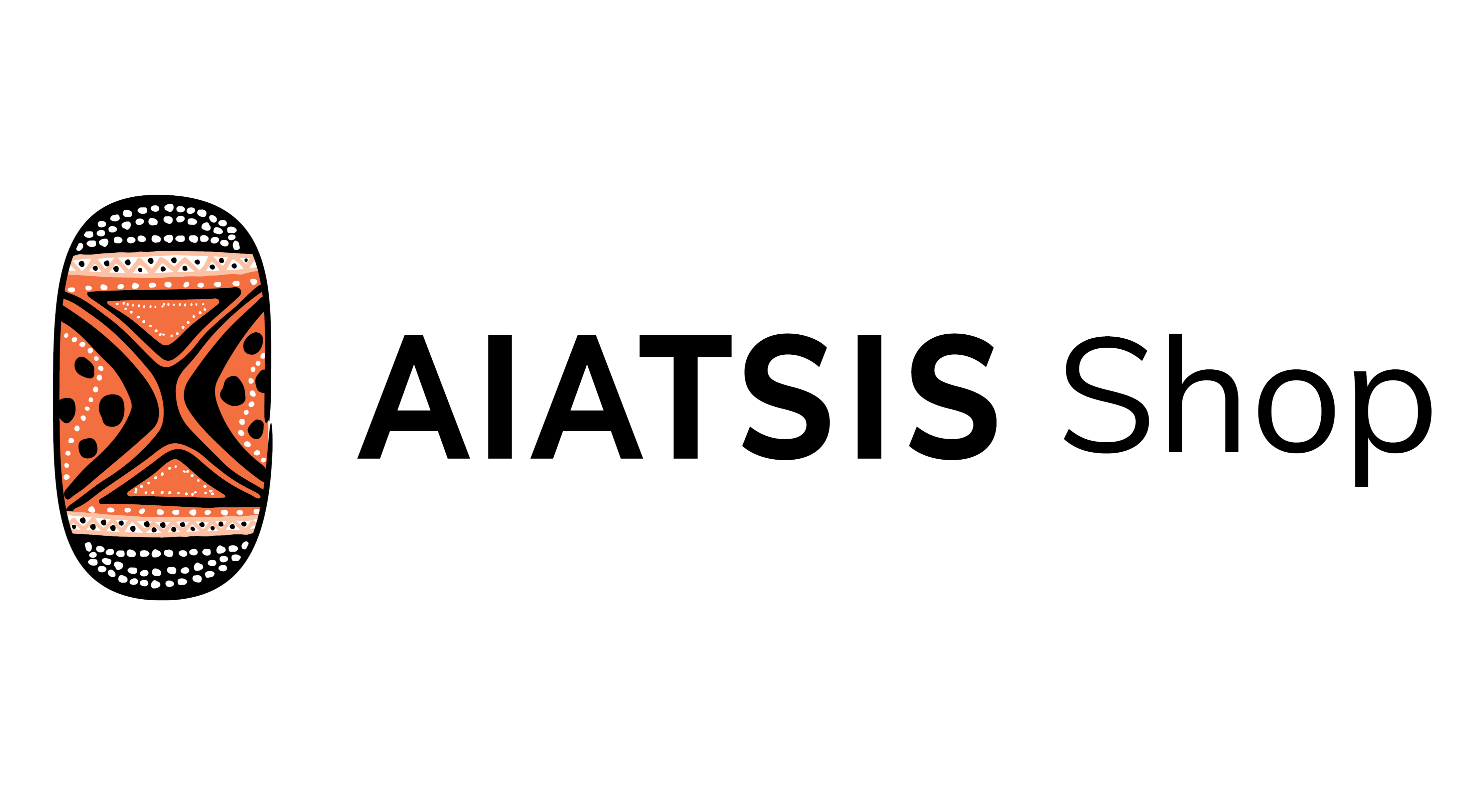Unfinished Constitutional Business?
Unfinished Constitutional Business?
AIATSIS
Couldn't load pickup availability
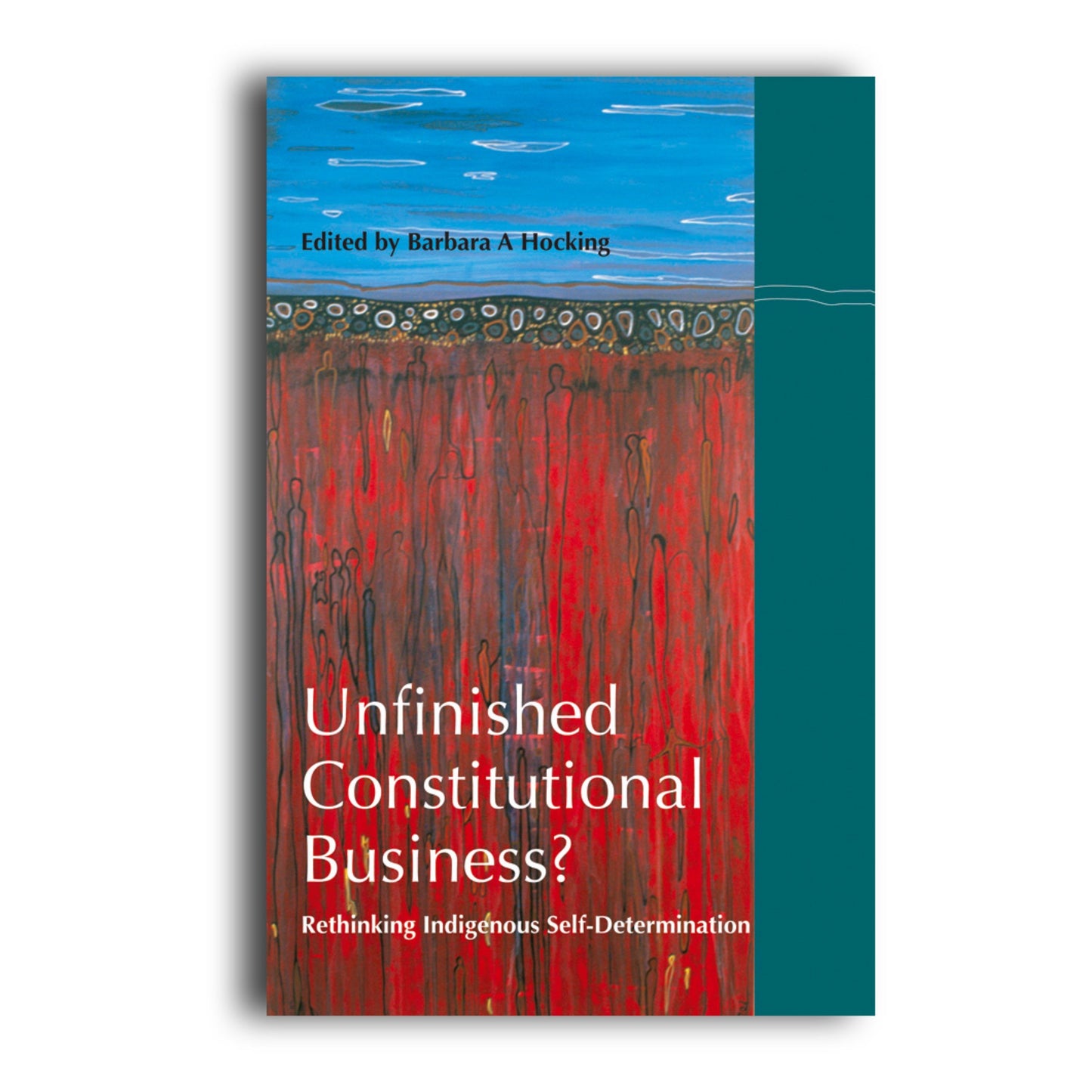
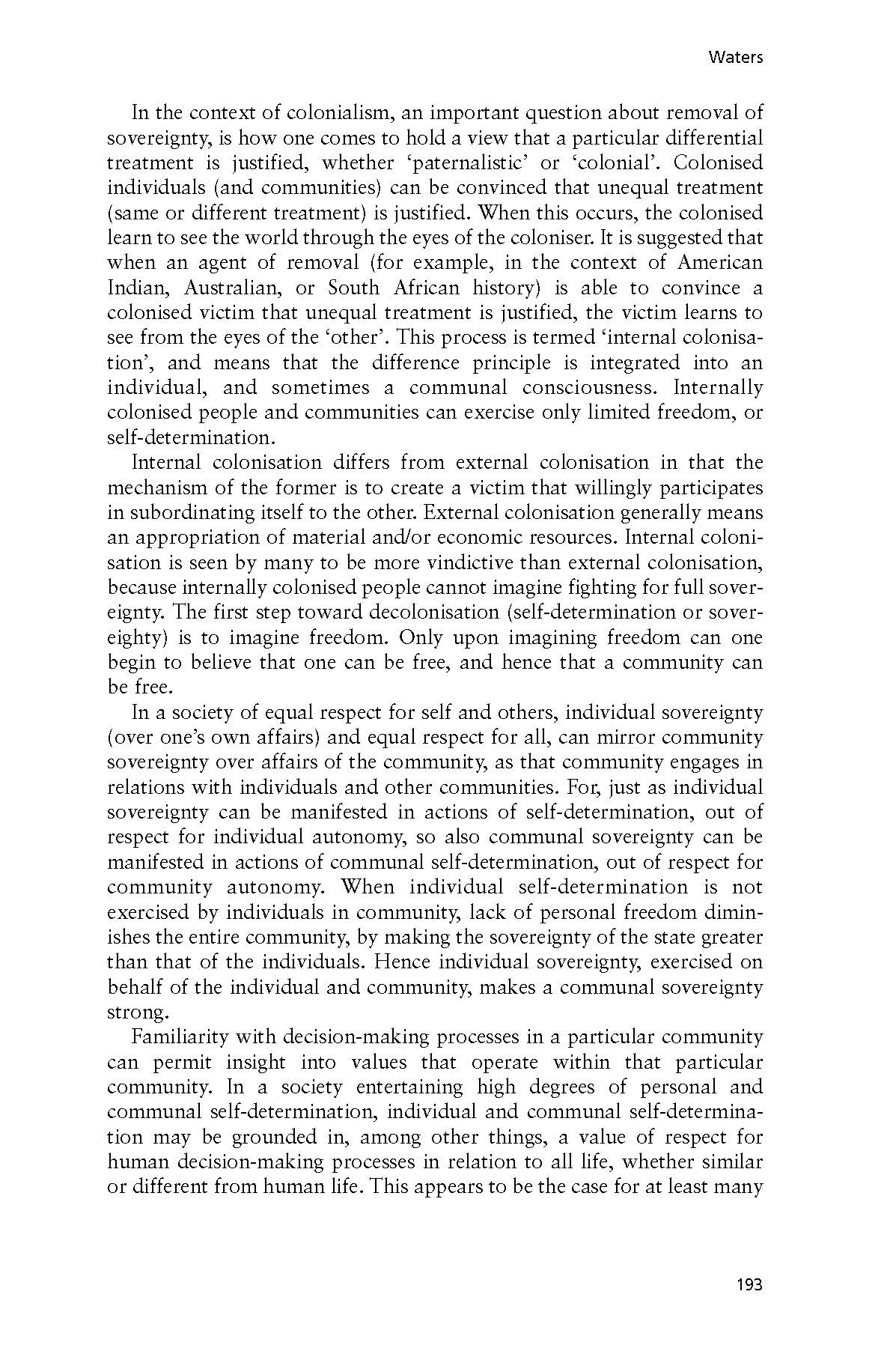
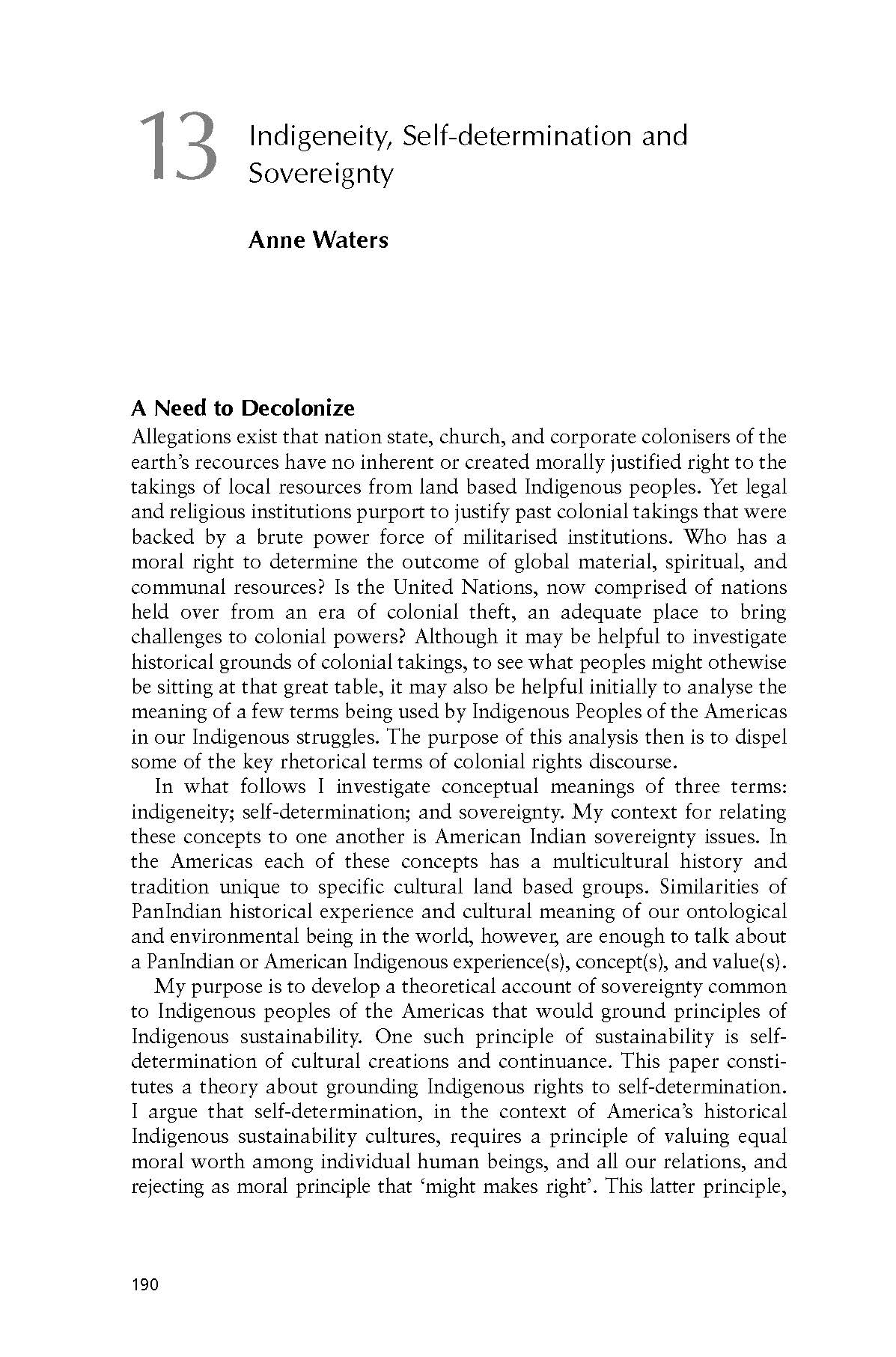
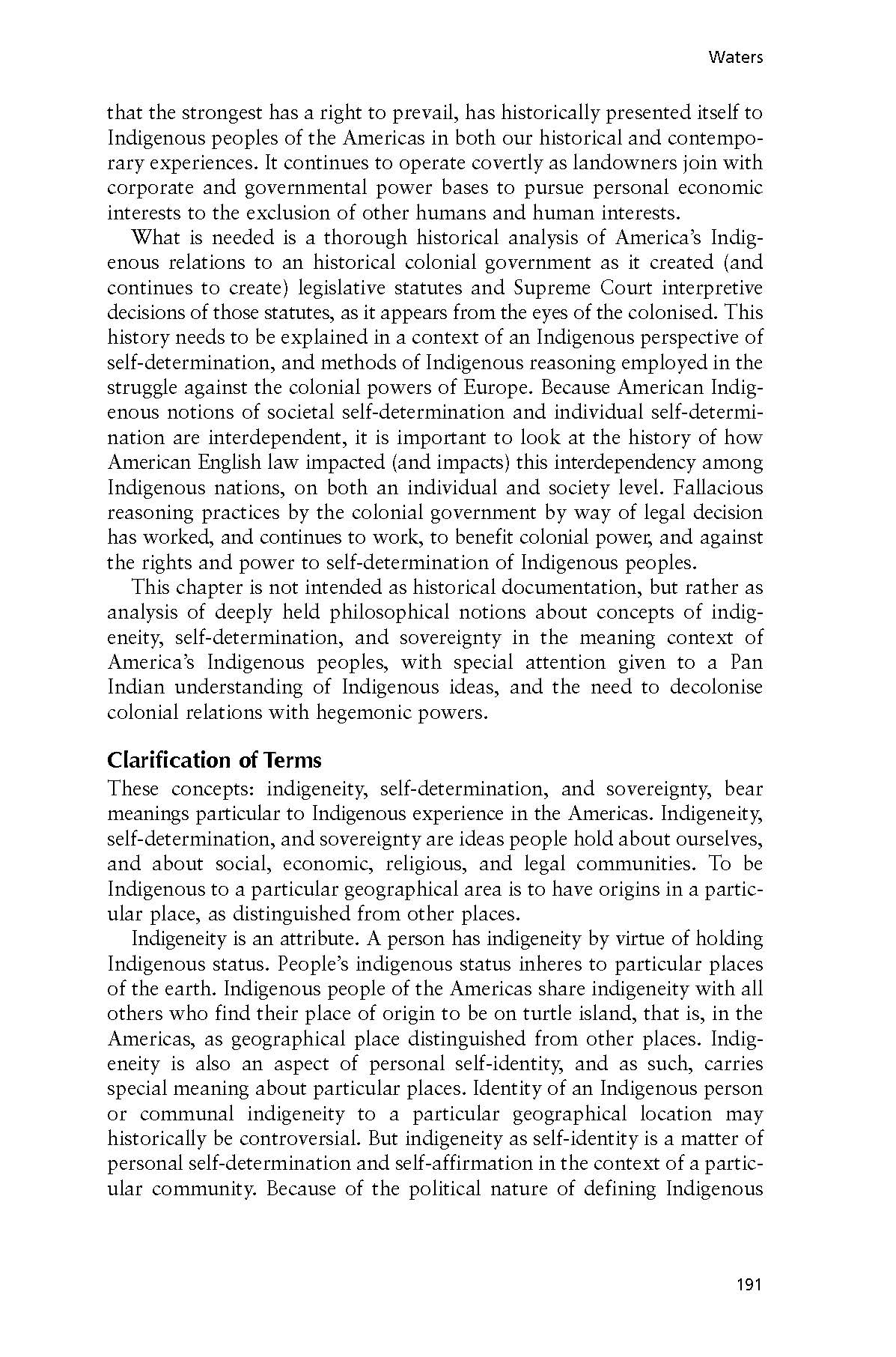
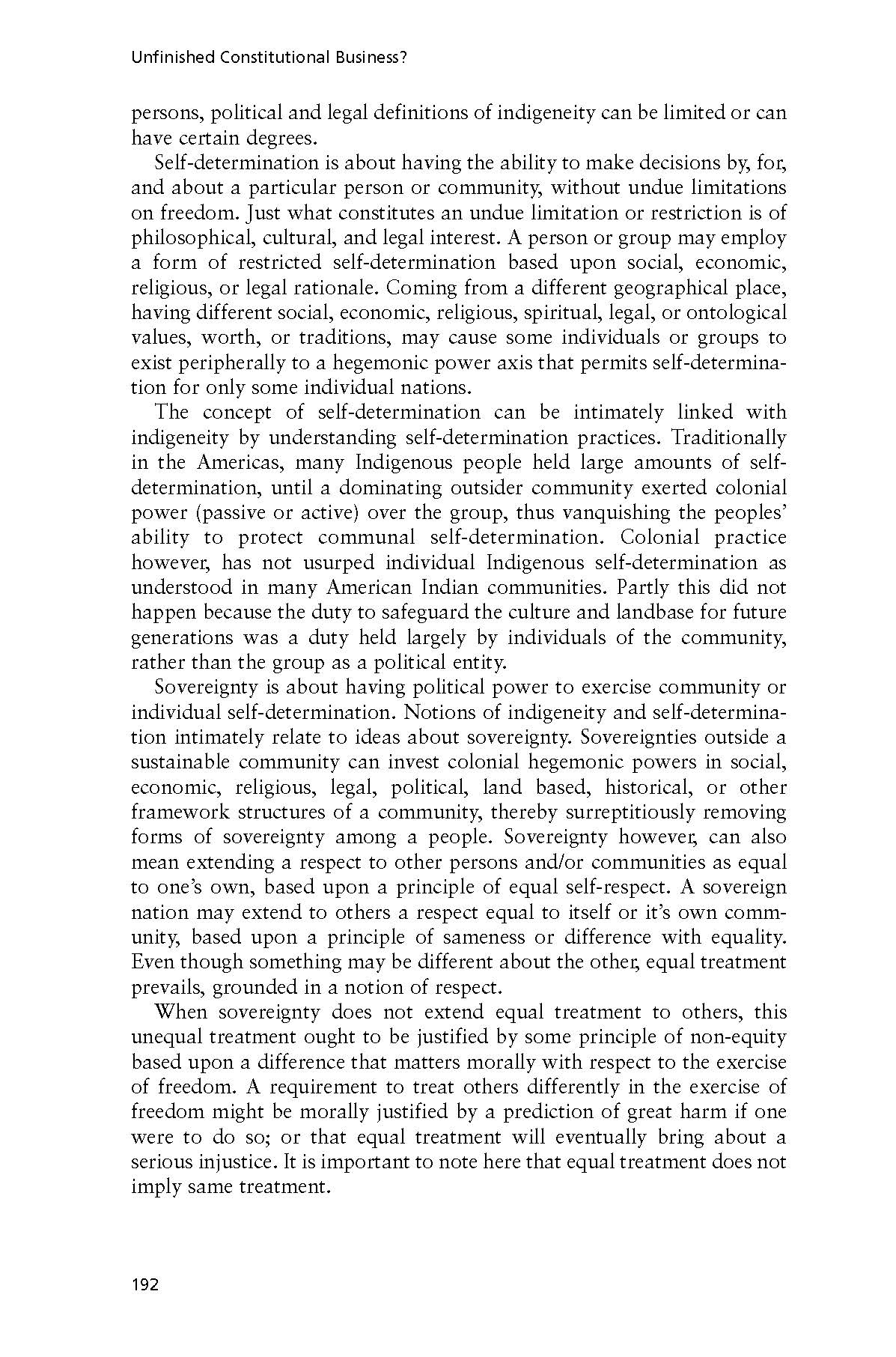
Indigenous self-determination is the recognised right of all peoples to freely determine their political status, and pursue their economic, social and cultural development. Unfinished constitutional business? offers fresh insights into the ways communities can chart their own course and realise self-determination. Because the history of colonisation is emotionally charged, the issue has been clouded by a rhetoric that has sometimes obstructed analysis.
Unfinished constitutional business? provides a comprehensive international exploration of self-determination. It argues that patterns are emerging that point to effective strategies that will allow communities to realise their goals.
Unfinished constitutional business? surveys both common law and civil law systems. The United Nations working party's definition of Indigenous people has been influenced by these different experiences of colonisation, as was the Australian High Court decision in the Mabo case; in particular, Justice Brennan's concept of a sovereign community.
Diverse jurisdictions are examined, from the Saami Parliaments of Scandinavia, to the Maori seats in the New Zealand Parliament to the Canadian experience in territorial governance. Issues that cut across jurisdictions, such as Article 8(j) of the Convention on Biological Diversity are also analysed.
The authors of Unfinished constitutional business? challenge readers to (re)consider the meanings of self-determination and their implications for community development in and to explore what self-determination might be, particularly in Australia.
Production Details
- Paperback
- 230mm x 155mm x 22mm
- 320pp
- Released September 2005
- ISBN 9780855754662
Contents
The Politics of a Racist Game
Preface
Acknowledgements
Contributors
Introduction: Can Indigenous Peoples’ Experiences of Colonisation Reshape our Constitutional Language?
Chapter 1: ‘Indigenous Self-determination in the Commonwealth of Nations
Chapter 2: Self-determination or ‘Deep Colonising’- Land Claims, Colonial Authority and Indigenous Representation
Chapter 3: Consensus and Sovereignty- Rethinking Policing in the Light of Indigenous Self-determination
Chapter 4: Patriarchal Whiteness, Self-determination and Indigenous Women- The Invisibility of Structural Privilege and the Visibility of Oppression
Chapter 5: Trust, Truth and Fatuity
Chapter 6: Why Norfolk Island But Not Aborigines?
Chapter 7: Maori Legal Forum- Representation Issues and the Maori Land Court
Chapter 8: Indigenous Political Representation: Identified Parliamentary Seats as a Form of Indigenous Self-determination
Chapter 9: Indigenous State Relations in Aotearoa/New Zealand- A Contractual Approach to Self-determination
Chapter 10: Kanaka Maoli- Right of Self-determination
Chapter 11: The Search for a More Appropriate Form of Government in Solomon Islands
Chapter 12: Indigenous Self-determination. Is Canada As Good As It Gets?
Chapter 13: Indigeneity, Self-determination and Sovereignty
Chapter 14: Indigenous Self-determination- Dispute Management
Chapter 15: Sovereignty as a Trojan Horse- How the Convention on Biological Diversity Morphs Biopiracy into Biofraud
Chapter 16: Commenced Constitutional Business? Reflections on the Contribution of the Saami Parliaments to Indigenous Self-determination Barbara AS Hocking
Conclusion: ‘A Change Of Sovereignty’- During the Age of Empire
Index
About the Author
Barbara Hocking is an associate professor at the School of Justice at Queensland University of Technology and an honorary research associate at the University of Tasmania's Riawunna Centre for Aboriginal Education.
About The Cover
Front cover illustration: 'Returning', Bronwyn Maree Bancroft 2001. Bronwyn Bancroft, Licensed by VISCOPY, Australia, 2005
